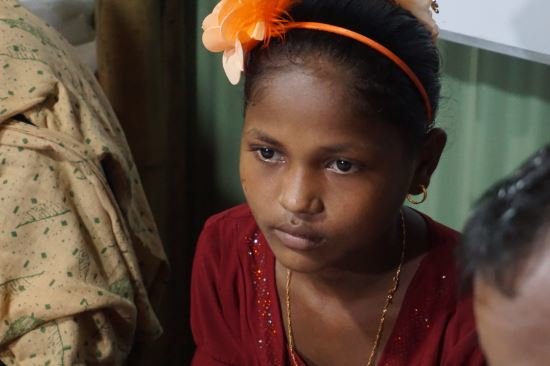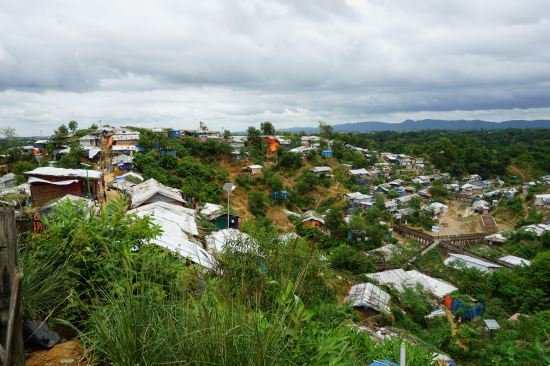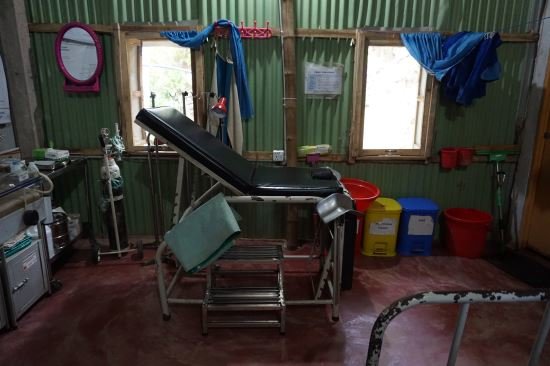By Kim Pan | Reporter
Rohingya's dilemma may lead to prolonged stay in refugee camps
In Cox's Bazar refugee camp of Bangladesh, it is estimated that around 86,000 children were born last year alone. More and more children, who aren't welcomed anywhere, keep on coming, but instead of the problem being solved, more and more relief organizations and NGOs are leaving. In the case of camp 15, there were up to eight clinics operated by NGOs from various countries, but only two are running as of now. As the clinics shrink, patients are concentrated on the remaining clinics, increasing the burden on them and making the situation of refugees worse.
The Rohingya refugee crisis began on August 25th, 2017, after the massacre conducted by the Myanmar forces. When some Rohingya rebels raided the Myanmar police post, the Myanmar military, who already had hostility towards the Rohingya tribes, launched a massive sweep as an excuse. The Rohingya, who fled from the military repression, began to cross the border to Bangladesh. Refugee camps were formed along the roads, and refugee camps continue to expand in size.
In recent years, negative public opinion has been rising in Bangladesh. The government states that Bangladesh is also a poor country with the world's highest population density, so it is realistically impossible to accept refugees. Bangladeshi military and police guard the streets of refugee camps and control the Rohingya's movement. The Bangladesh government has even banned Bengali education in refugee camps, fearing refugees will settle in Bangladesh. Mr. A (age 42), a Bangladeshi citizen, who we've on the street corner of the camp said, “Bangladesh already has too many people living within a narrow area. Many people are poorer than the Rohingya. They must go back to Myanmar again. ”
No solution is available yet. Bangladesh and Myanmar governments continue to negotiate refugee repatriation, but there is little progress. Rohingya refugees are also lukewarm in their return to Myanmar. It is because they lack the belief that the same massacre that happened 2 years ago will never happen again in Myanmar.
The negative public opinion of the Rohingya is still overwhelming in Myanmar. In fact, the Rohingya, who remain in Myanmar, is known to be still in poor conditions. "The Rohingya in Rakhine, Myanmar, is living in a terrible condition. They are under constant watch without any freedom of movement and have limited access to health and education," said Phil Robertson, the deputy director of Asia at the Human Rights Watch (HRW), an international human rights group, through EFE communication on the 25th.
NGO officials working at refugee camps said, “Both Myanmar and Bangladesh aren't opening arms any time soon so it's going to be difficult to come up with a solution. The situation is likely to be prolonged. ”
* Kim Pan, a reporter for the Kookmin Ilbo newspaper, was accompanied by A-PAD Korea on monitoring the Rohingya refugee camp. The above is an excerpt from some of the entire articles.
Links:
Project reports on GlobalGiving are posted directly to globalgiving.org by Project Leaders as they are completed, generally every 3-4 months. To protect the integrity of these documents, GlobalGiving does not alter them; therefore you may find some language or formatting issues.
If you donate to this project or have donated to this project, you can receive an email when this project posts a report. You can also subscribe for reports without donating.


